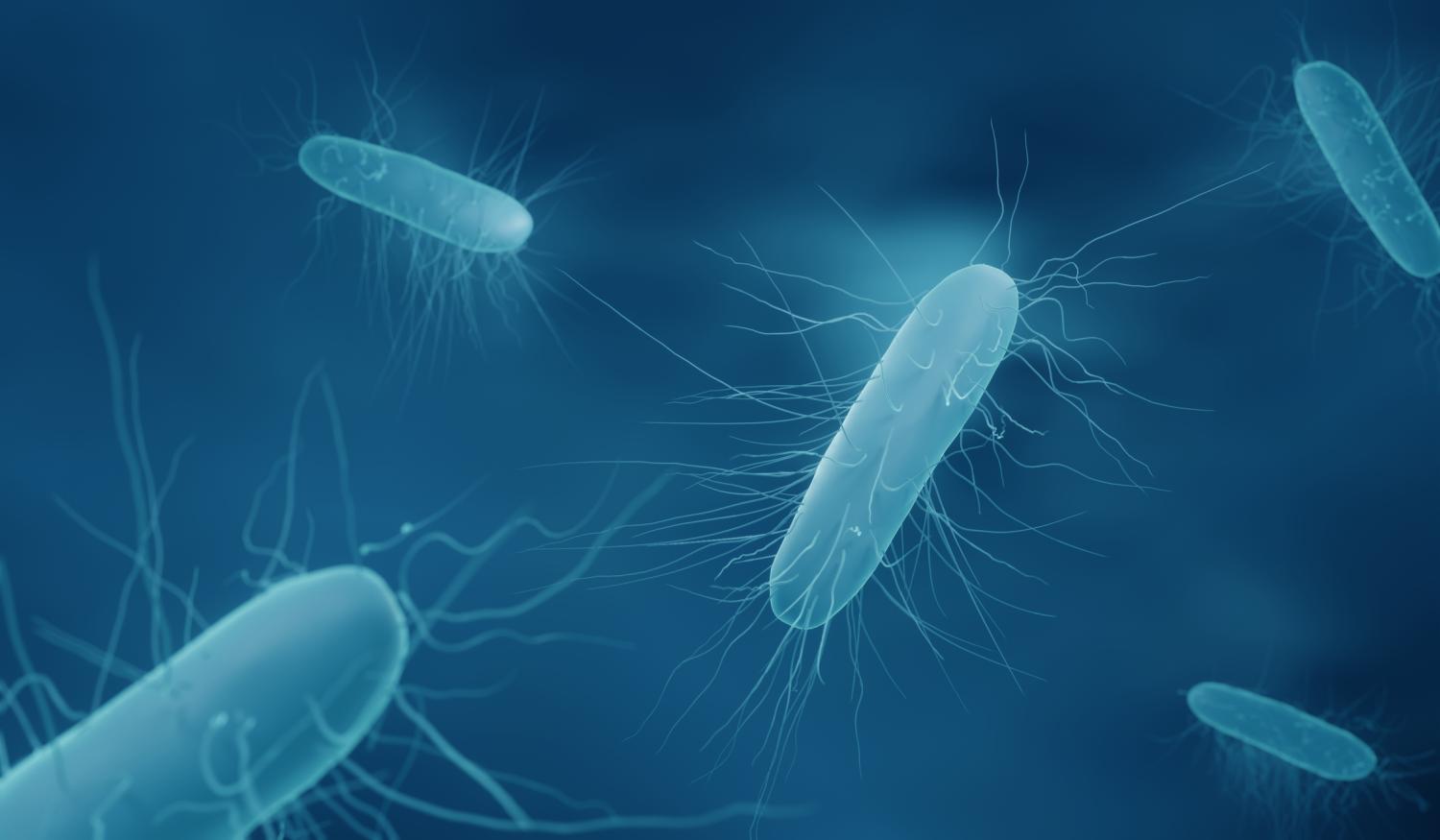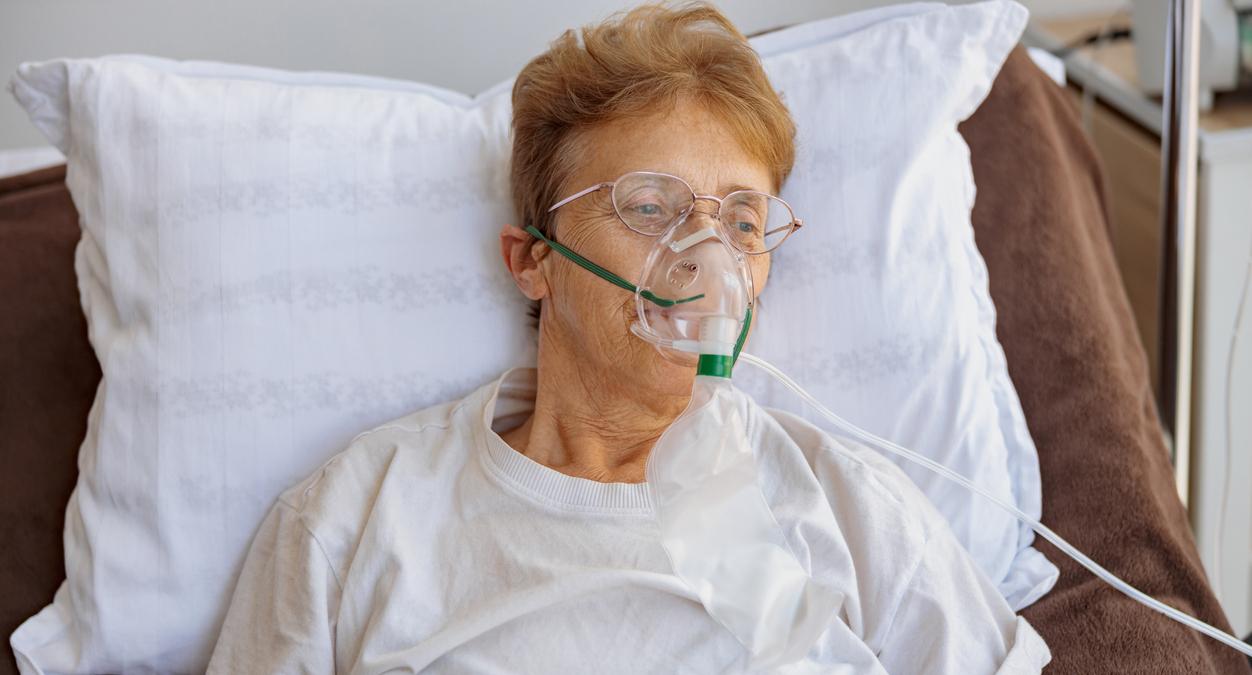Biopharmaceutical company Crestone Pharmaceuticals last week announced positive topline results from a phase 2 trial of its investigational drug treatment for Clostridioides difficile infection (CDI).

The trial evaluated the safety and efficacy of two different dosages of CRS3123, a small-molecule protein synthesis inhibitor, administered twice daily in adults diagnosed with a primary episode or first recurrence of CDI. Vancomycin was the comparator drug.
Among the 43 patients in the primary intention-to-treat analysis, 28 of 29 (97%) who received one of the two dosages of CRS3123 achieved clinical cure at the day 12 test-of-cure visit, compared with 13 of 14 (93%) who were treated with vancomycin. In addition, only 4% of CRS3123 patients experienced CDI recurrence at day 40, compared with 23% in the vancomycin group. CRS3121 was also well-tolerated, with no serious treatment-emergent adverse events reported.
Minimal microbiome disruption
One of the advantages of CRS3123 over current therapies is its narrow spectrum, which enables it to target C difficile bacteria and inhibit toxin production with minimal disruption to other microbes in the gut. Vancomycin is a broad-spectrum antibiotic known to disrupt the gut microbiome.
CDI is the most common healthcare-associated infection in the United States, with an estimated 500,000 cases occurring each year. Roughly 1 in 6 CDI patients experience a recurrence within 2 to 8 weeks.
"Treatment of C. difficile infection remains in urgent need of agents that spare normal gut microbes, so they can reconstitute the microbiome and prevent further recurrences of CDI," lead trial investigator Thomas Louie, MD, of the University of Calgary said in a company press release. "The findings of this study support CRS3123 as such a candidate for further development."
Crestone also announced that, based on the results of the trial, the National Institute of Allergy and Infectious Diseases will provide $4.5 million in new funding for microbiome analyses, manufacturing process optimization, and other phase 2 supporting studies.
Treatment of C. difficile infection remains in urgent need of agents that spare normal gut microbes, so they can reconstitute the microbiome and prevent further recurrences of CDI.















